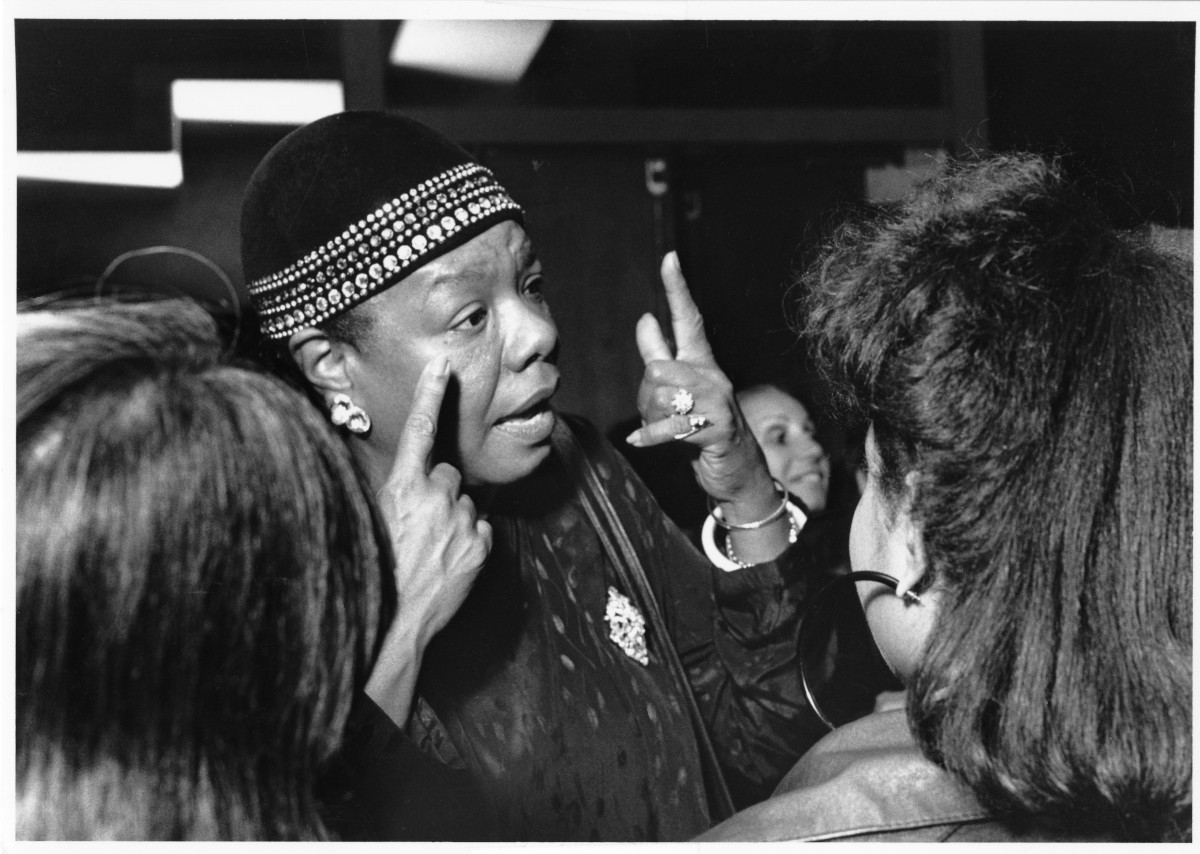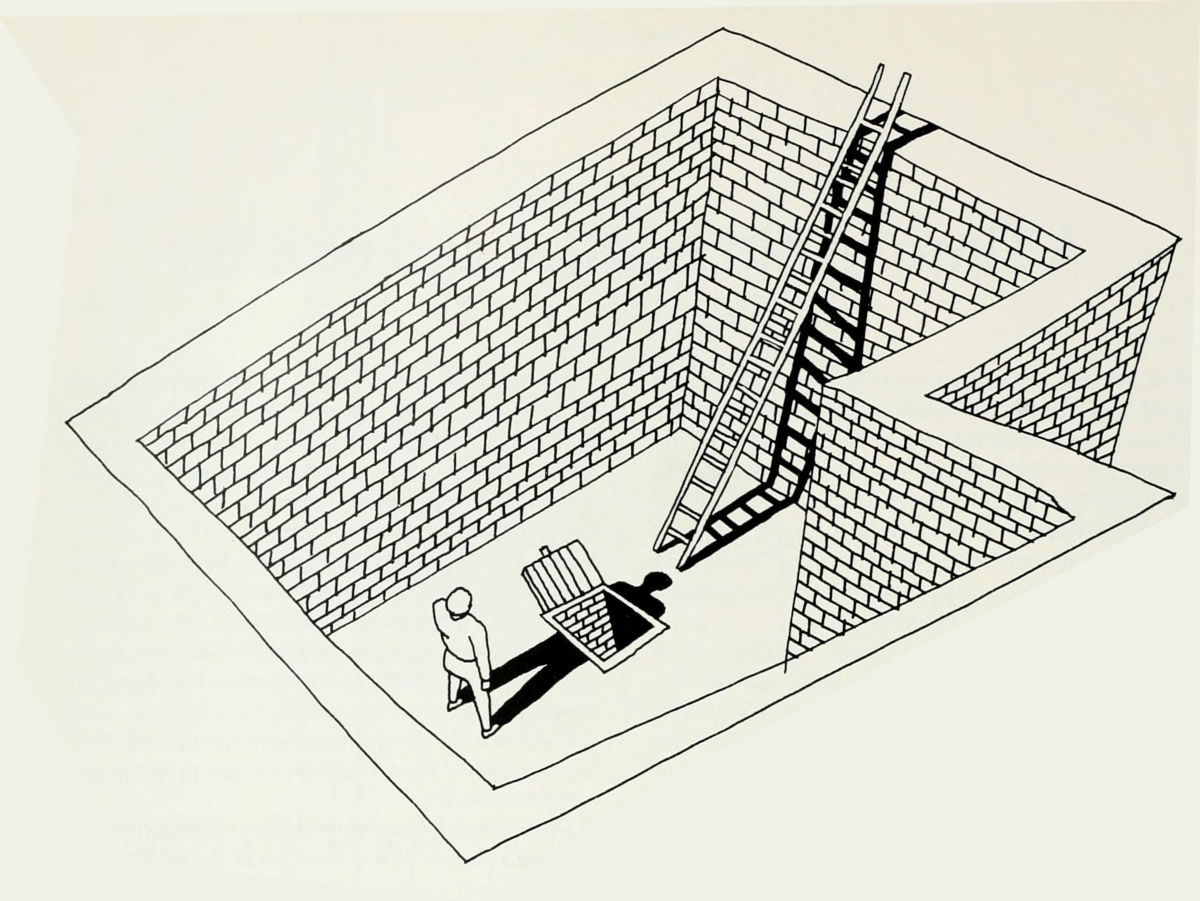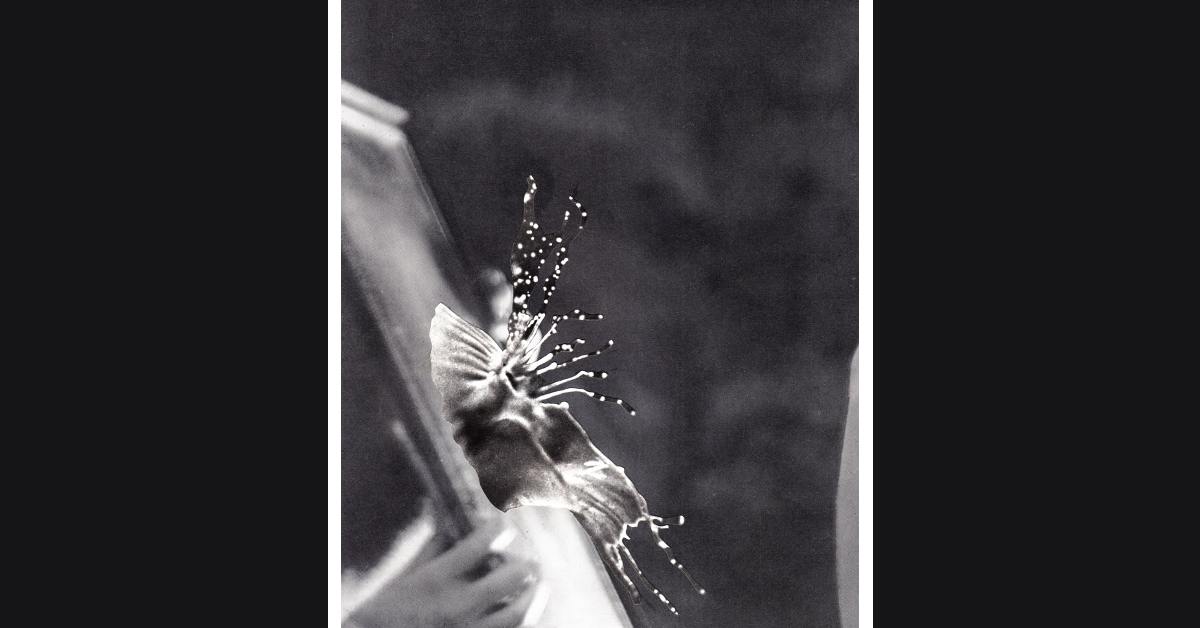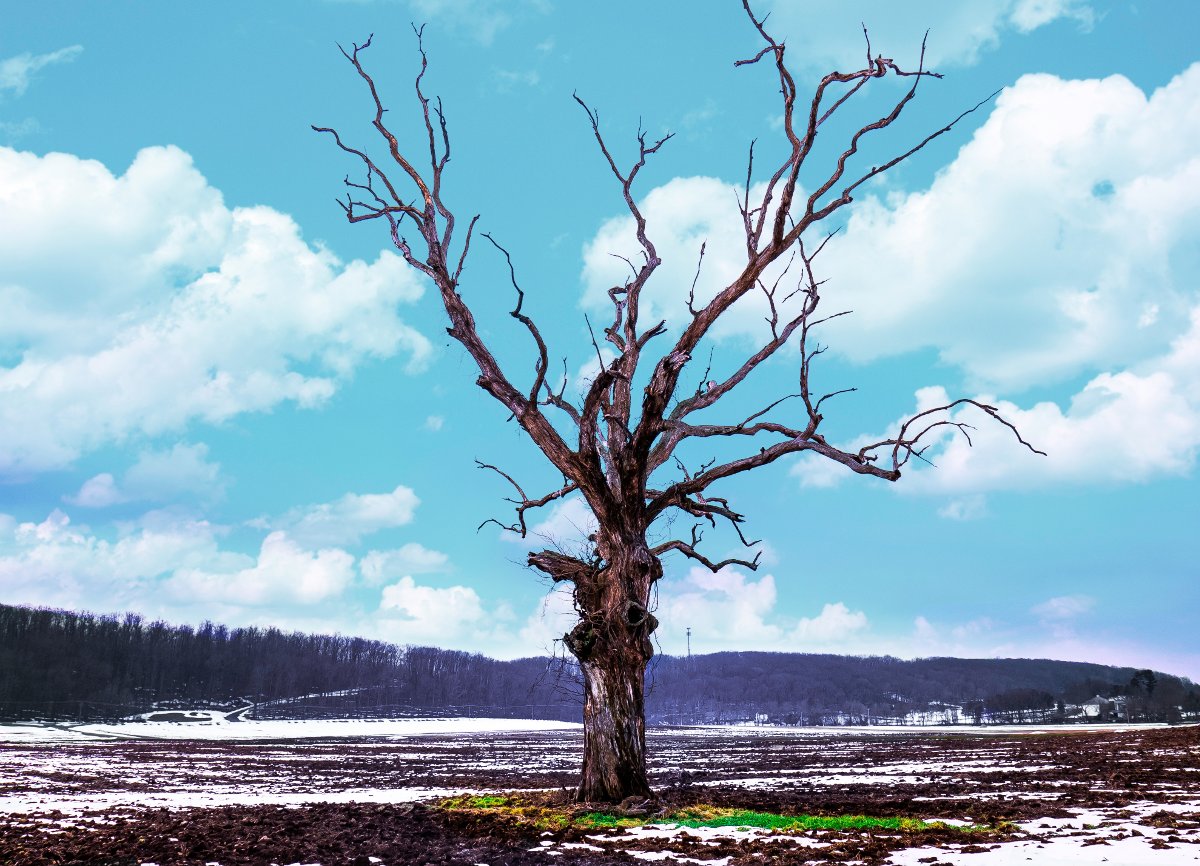“There is no great genius without some touch of madness.” —Aristotle
“One must still have chaos in oneself to be able to give birth to a dancing star.” —Nietzsche
“A person needs a little madness, or else they never dare cut the rope and be free.” —Nikos Kazantzakis
I have always been willing to tolerate idiosyncrasies in people whom I believe have deep substance or a higher perspective.
This willingness has sometimes created conflicts in my family because they believe I become too enamored with far-out ideas at my own expense. Or I try to introduce ideas that are too far astray from conventional approaches or traditional beliefs.
And yet, I’m still fascinated by people with out-of-the-ordinary perspectives or life experiences. I’m always looking for material that describes people with non-traditional ideas. I guess Walter Isaacson and I must share some common interests, because four of the more remarkable books I’ve read on geniuses were all written by him:
-
Leonardo da Vinci
-
Einstein: His Life and Universe
-
Benjamin Franklin: An American Life
-
Steve Jobs
All of these geniuses had their unique mix of madness and brilliance. And they all wrestled with the cultural constrictions of their respective environments in their particular ways.
Other books I enjoyed on different manifestations of genius were:
-
I am Dynamite: A life of Nietzsche by Sue Prideaux
-
Team of Rivals: The Political Genius of Abraham Lincoln by Doris Kearns Goodwin
-
The Last Days of Night by Graham Moore about Tesla, Westinghouse, and Edison
-
John Adams by David McCullough
-
Frederick Douglass by David Blight
When I created this list I noticed all the geniuses I mentioned were male, so I searched for female geniuses and found:
-
Maya Angelou—a genius poet
-
Beatrix Potter—a genius scientist and writer
-
Georgia O’Keeffe—a genius artist
-
Ida B. Wells – a genius activist

Perhaps the dearth of women who come up on an internet search for genius is more about the preponderance of male madness than the scarcity of female genius.
It seems to me that one of most compelling challenges we have in our civilization is to heal the patriarchal craziness that stifles, suffocates, and suppresses the emergence of more genius women.
What struck me about all these men and women, however, was the common thread of fighting for the freedom to exercise their genius while managing personal demons and cultural norms in the process. Frederick Douglass escaped from the brutal bondage of slavery to become the most famous advocate for abolition in the world. He was a genius orator. Nietzsche had to break free from the cultural and family constraints that constantly tried to keep his commentary within “acceptable” limits while fighting depression, migraines, and multiple disorders. He was a genius thinker who ultimately went insane. Beatrix Potter was an English writer, illustrator, natural scientist, and conservationist. Her genius manifested in multiple ways, but she was educated by a governess and grew up isolated from other children. Think of the contributions she would have made if she had been freed and supported.
While all of the people referenced above are known exemplars with undisputed genius (at least in retrospect), I believe all of us have a spark of genius in our genes that is waiting to burst forth in full color if only we could identify it and free it.

Unfortunately, most of us deny our genius, hide it, or are punished when we express it in unconventional ways.
We are much better at acknowledging our madness than expressing our genius.
Depending on our level of self-awareness, most of us are able to name our personality quirks or biological abnormalities. The questions are 1) how much do we let our “madness” define us? and 2) how well do we manage the demons, diseases, or differences that undermine our genius.
For me, the idea is to recognize and free the genius in ourselves and others while managing and healing whatever madness we acquire through nature or norms. Unfortunately, what we are seeing in our current environment is just the opposite. We are freeing madness and killing genius. Enough said. You can make your own inferences.
In my work with organizations, I encourage leaders to look for the potential in each of their colleagues and to free exemplars. Sometimes, however, the exemplars get punished for straying too far from established norms.
The pressure to be a “team player” gets convoluted to mean “stay within the box.”

As a result, people with creative genius, who would most likely generate breakthrough ideas, get marginalized and written off as “mad.” The unwritten norms that are communicated by—“That’s not the way we do things around here”—limit real genius. Frederick Douglas experienced those limits with his slaveholders when he learned to read and write. People with less courage and tenacity than the geniuses cited above experience the limits of unwritten, but very powerful, norms every day.
As a proud grandfather, I’m always seeing the genius and madness in my grandkids’ daily activities.
My grandson is either hyper-focused or hyper-distracted. When he is in high-focus mode, he is able to do things that blow my mind. When he is in high distraction mode, he creates chaos and madness with every step and breath. My grand-daughter is extraordinarily mature for a first-grader. She handles disappointments and challenges with grace and grit. She is highly tuned-in to the emotional states of everyone in her life and is able to respond with wit and wisdom. To me, these are the signs of genius that need to be freed and supported. As parents and grandparents, it’s our responsibility to manage whatever madness is manifested until the child is able to own and manage it themselves and then to find the courage to free their genius in spite of the consequences.
I believe that individuals and organizations have too little focus on freeing genius and healing whatever “madness” undermines that genius; and there are too many cases where madness is freed while genius is marginalized, constricted, or killed.

As a society we need to free more geniuses who can generate creative solutions to climate change, famine, and war. We won’t be able to do that until we heal the madness that could kill us all.
I am fortunate to have a lot of people in my life who live at the intersection of genius and madness. I’m very happy to serve as a traffic cop that gives genius the right of way and flashes a stop sign when the genius crosses the line into madness. While my family sometimes wishes I would stick to the sidewalks, I much prefer to be in the middle of the roads less travelled even if it means going into the ditch occasionally.
May you free your genius and manage your madness in this coming year. Happy New Year!!
Also published on Medium.




Well done Ricky! Thank you